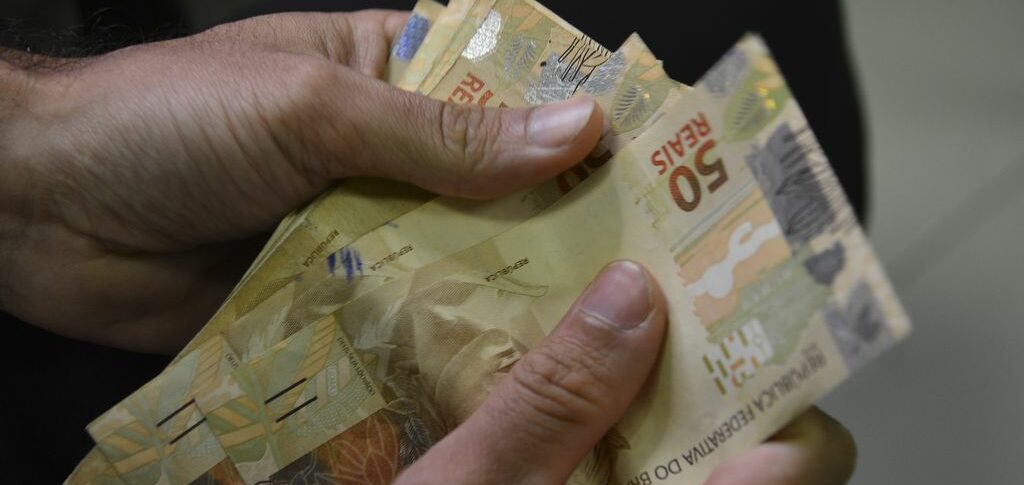In the current government's Budget project, the value of minimum wage predicted for next year, adjusted only for inflation, is R$1.302, slightly more than today's figure, which is R$1.212. But the value could be lower if inflation for the year is lower, as predicted by the Ministry of Economy a few weeks before sending the Budget project to Congress, at the end of August.
ADVERTISING
How would it work?
The simulation of a real increase proposed by Lula's team takes into account a more optimistic economic expansion forecast of 3% this year. From 2024 onwards, the new policy of increasing the minimum wage would be applied, with new fiscal rules also under discussion, to revoke the spending ceiling (the fiscal anchor that links expenses to changes in inflation).
Another relevant point under discussion is whether the minimum correction would be valid throughout the year or, for example, from May 1st, Labor Day, which would reduce its cost.
One of the possibilities is to grant a larger adjustment, of 2%, which would cost R$10 billion if it were valid for the whole year. How the blanket is curto for 2023 and there are already a series of expenses contracted for next year that do not fit into the Budget the way it was made, some party economists assess that the promeLula's order must be fulfilled gradually.
ADVERTISING
If the real increase of 2% were given from May 1st, for example, the cost would be around R$6 billion.
Nothing but inflation
The last time the national floor was readjusted above inflation was at the beginning of 2019, in a decree signed by Bolsonaro in the first year of his government. Until then, the correction formula followed a valuation policy approved by Congress during the Dilma Rousseff government.
(With Content Status)



